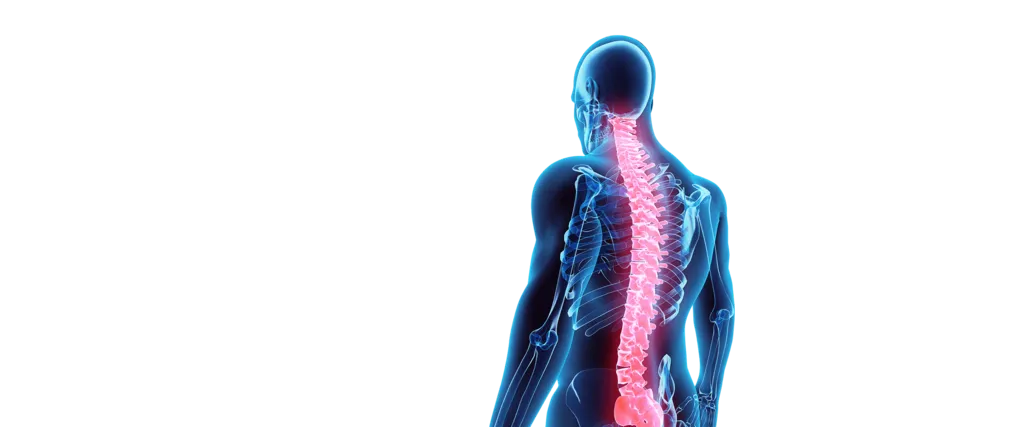People often wonder about taking vitamins. Should I bother? Are they worth the money? Which ones should I take? In order, the answers are yes, yes, and ask your chiropractor to recommend the brand best for you.
Why take vitamins at all? The purpose of supplementation is to cover all bases -- to make sure they're covered. How can you be sure your diet contains all the cofactors and trace minerals needed to make your metabolism work correctly? And what about all the antioxidants that fight free radical formation and the phytonutrients that seem to have so much benefit in cancer prevention?
Likewise, it would take a lot of effort to be certain that your diet contained sufficient iodine, magnesium, selenium, chromium, folate, and vitamins B1 (thiamin), B2 (riboflavin), B3 (niacin), B6 (pyridoxine), and B12 (cyanocobalamin).Taking a supplement guarantees that these requirements have been met. It's simple, safe, and efficient in terms of both time and cost.
Which brand of supplementation is best? There's no right answer here, it's more of a practical decision. You'll know if a specific brand is right if you feel healthier and more energetic after taking it regularly for four to six weeks. You chiropractor will assist you by providing expert information and recommendations. There are no peer-reviewed, hard statistical data suggesting that one brand is superior. "Results" here are qualitative, not quantitative. The important point is that vitamin/mineral supplementation is necessary to ensure optimal metabolic functioning and physical well-being.
What about using specific supplements for specific things, such as taking calcium supplements after a bone-density study has revealed loss of bone mass (osteoporosis)? Is this an effective therapy? Well, in the postmenopausal setting1, if you're not exercising, the calcium you take will simply be excreted. Completely useless. On the other hand, if you are exercising or begin an exercise program, the additional calcium will be useful in providing raw material for stronger bones, built in response to the stress of exercise.
What about calcium supplementation for younger women? Again, exercise is the key to forestalling osteoporosis2. Of course, this includes taking sufficient daily calcium. The recommended daily requirement for calcium is 1000-1200 mg. So, a vitamin/mineral supplement supplies 500 mg. A cup of yogurt adds another 250 mg. A glass of skim milk or a piece of low-fat cheese adds another 250 mg. Non-dairy sources of calcium include calcium-fortified orange juice, spinach, turnips, and sardines (with the bones). So, dietary sources plus your vitamin/mineral supplements provide close to the recommended dose.
Additional calcium tablets or pills can make up the difference.
Vitamin/mineral supplements are important for busy people. Supplementation ensures a consistent, optimal dose of necessary nutrients. Balanced nutrition, in combination with regular exercise, will help provide vibrant, glowing good health3.
1Rosen CJ: Clinical practice. Postmenopausall osteoporosis. N Engl J Med 353(6):595-603, 2005
2Swanenburg J, et al: Effects of exercise and nutrition on postural balance and risk of falling in elderly people. Clin Rehabil 21(6):523-34, 2007
3Speckerr B, Vukovich M: Evidence for an interaction between exercise and nutrition for improved bone health during growth. Med Sport Sci 51:50-63, 2007
Vitamins for Vitality
- Created in Newsletter Library, Nutrition & Healthy Eating
- About Chiropractic Care
- Common Conditions Treated
- Health & Wellness
- Therapies & Techniques
-
Newsletter Library
- Back, Body & Joint Pain
- Healthy Tips
- Exercise & Fitness
- Injury Rehab & Prevention
- Kid's Health
- Illness Prevention
- Chronic Conditions
- Nutrition & Healthy Eating
- Breaking Bad Habits
- Senior Health
- Weight Loss
- Pregnancy & Parenting
- Wellness
- Mind-Body Connection
- Stress & Anxiety
- Life-Work Balance
- Staying Young
- Staying Motivated
- Wellness4Kids


